If you’re feeling this way, and trust me I can relate, may I make a suggestion? STOP! That’s right, I mean you Mom running around trying to get all the errands done before school lets out. That means you too Dad, organizing the kids for hockey while also trying to help the others finish their homework. Whatever your family’s particular rhythm, just STOP for a second.
So many of us fall into the trap of the routine. Routines help us function in our everyday life. If we had to make a new decision about everything, everyday we’d go crazy. However, when we fall into the trap of routine, then time can fly by without us noticing it and we miss being present in the moment. For anyone who practices mindfulness, or has read some Buddhist philosophy, you will know how important it is to be in the moment.
KEEP ON GROWING! If I can help you with this or any other aspect of your health you’re looking to improve, you know where to find me ;)
0 Comments
When women were surveyed about stress related to work these were the results: Women were more likely than men to report work stress — 28 per cent said they had high-strain positions and 17 per cent said they had low-strain jobs, while 20 per cent of men reported high-strain jobs and 24 per cent said they had low-strain positions. (CBC News, 2007). One-third of women surveyed said they were a bit or extremely stressed most days at work — versus 29 per cent of men (CBC News, 2007).
I am here to suggest another way of looking at self care for you super powered women. Instead of seeing it as ‘it’s all about me’ time, think of it as a necessary task that deserves time and space on your to-do list in order for you to better care for your family. Take a moment and think about that for a second. I know, it seems strange to think of ‘me time’ or self care time as caring for your loved ones, but it’s true. If you are completely exhausted, no energy, nothing left to give of yourself, what kind of ‘care’ could you possibly be providing for your family?
Then I ask them what’s the quality of that interaction? Do you have the time and space to be patient with your kids when they are attempting to drive you insane? What’s your relationship with your husband/partner like? If this at all describes you, you know what the answers are already. You lose your temper easily, when you don’t mean to. You love your kids, but you are at the point where you do what you do for them begrudgingly. What relationship with my husband? I’m lucky if I see him, forget spending anything that resembles quality time with him.
Have more questions about what Naturopathic Medicine can do for you and your family? Take advantage of our 15 minute consults to find out more today. References: CBC News: Technology & Science. (2007). Work stress leads to increased absenteeism, disability: StatsCan. Retreived May 27, 2017: http://www.cbc.ca/news/technology/work-stress-leads-to-increased-absenteeism-disability-statscan-1.636782
Well that has to do with the composition and state of the small and large intestine. There’s anywhere from about 10-100 billion microbes present in the small and large intestine. This helps us understand why giving a probiotic or eating fermented foods makes a difference, because there’s enough probiotics present in the average capsule to replenish and encourage growth of good bacteria. Also, the small intestine is approximate 20 ft long, so it houses about 95% of the bacteria that live in our intestines. The large intestine on the other hand is only 4 ft long, but because things are moving much slower through the large intestine the bacteria layer in the mucosa can be up to 200 cells thick, compared to 1 cell thick in the small intestine. This allows this shorter stretch of organ to still accommodate 10-100 billion microbes. Research: As I mentioned before there are many studies that have been done and are currently being done on the effects of probiotics and the microbiome as a whole. If you did a simple google or pubmed search you would come up with 1000s of results. I can’t summarize all of them, but here are a few highlights: INFANTS AND PROBIOTICS Eczema, asthma and allergy have become much more of a problem over the past few decades than they ever were before. In the Swansea baby Allergy Prevention Trial they looked to see if intervening with probiotics at an early age could reduce the incidence of allergy, and atopic conditions by extension. The intervention was given to newborns for the first 6 months after birth. The outcome was a follows: Placebo group: Almost 10% of infants had atopic eczema at 6 months; Approximately 13% of infants had atopic eczema at 2 years. Probiotic group: Approximately 3% of infants had atopic eczema at 6 months; almost 6% of infants had atopic eczema at 2 years. The overall reduction of infants with allergy was 57% at 2 years. Remember, they only received treatment for the first 6 months. This demonstrates that the positive benefit of intervention goes beyond the intervention period. PROBIOTICS AND ANTIBIOTICS Most people are aware that we should take probiotics when we take an antibiotic. However, how much, when and for how long make a difference? One study, The Cambridge Clostridium difficile trial looked at the impact of probiotics to prevent/reduce C. difficile infection and associated diarrhea in patients receiving antibiotics. The outcome was as follows: Antibiotic/Placebo group: When tested at Day 28 they still had overgrowth or dysbiosis present Antibiotics followed by probiotic: They had a growth of bacteria up to Day 7, but then at Day 28 there was a significant decrease in bacterial overgrowth Antibiotics with Probiotics: There was no overgrowth of bacteria at Day 7 or 28 because the probiotics were present throughout antibiotic treatment This study demonstrates that by taking probiotics while receiving antibiotics you can decrease the chances of bacterial overgrowth occurring at all. However, it is still beneficial to intervene with probiotics later on as it will help to bring bacterial overgrowth under control.
Choices: Making sense of what’s available on the market As happens with most things in the market, as they get more popular there tends to be more people interested in developing a product for it. Over the last few years we’ve seen a huge increase in the number of probiotics available at the store. Knowing you have all these choices, how do you make the right choice for you? Well, there’s no short and easy answer to that. There are a number of factors you want to consider:
Knowing these things makes it much easier for you to select an appropriate probiotic. If you don’t know the answer to these questions or aren’t sure, then you may want to speak to a Naturopathic Doctor or other healthcare professional. When I go through this process with my patients, we figure out which probiotic (if any) might be best for them so it’s much easier to find what they need when they go to purchase a product from the health food store. Have questions about probiotics or how to improve your gut health overall? Please email me through the website ‘contact’ page or get in touch with me directly. Note: Talk to your Naturopathic Doctor today about getting assessed and treated if needed, and as always talk to your health care provider before beginning any new medication or supplement. This information is not meant to replace the advice/guidance of a medical professional, nor should it be acted upon by individuals unsupervised by the appropriate healthcare provider. References: Allen SJ et al 2014 Arch Dis Child Plummer et al 2005, Int J Antimicrob Agents 26  Most of us are feeling at least a little tired of all the snow, and are thinking more and more often about spring and sunshine. However, for some of us the change of season is much more noticeable because of the huge difference it makes in our mood. It’s normal to have a few days of low mood, but if it persists for most of the winter months and you aren’t motivated to do anything you enjoy then it may be something a little bit more. Seasonal affective disorder (also called SAD) is a type of depression that occurs at the same time every year. If you're like most people with seasonal affective disorder, your symptoms start in the fall and may continue into the winter months, sapping your energy and making you feel moody. Less often, seasonal affective disorder causes depression in the spring or early summer. What are the signs of SAD?
If you think you may have SAD it is important that you discuss how you are feeling with your health care provider. SAD is considered a type of depression, which can worsen and potentially lead to thoughts of suicide. If you are having thoughts of harming yourself or others it is of the utmost importance to seek medical help immediately!
What Can We Do About SAD? Light Therapy (phototherapy) has been shown to be a very effective treatment for reducing feelings of SAD. The specialized light box mimics natural light, which seems to have an effect on brain chemistry related to mood. Most people start to respond after 2 to 4 days and causes few side effects. Conventional Treatment: If symptoms are more severe then a combination of psychotherapy and medication (eg. Zoloft or Paxil), may be employed by your doctor. Generally a medication with the fewest side effects will be chosen, and your doctor may suggest beginning the antidepressant prior to the start of your symptoms each year. Naturopathic Treatment St. John’s Wort: has been used to treat mild to moderate depression. Some studies have found St. John’s Wort to be comparable to tricyclic and SSRI (fluxotine) with fewer side effects. SAMe: synthetic form of the same substance that is made naturally in the body from a reaction between methionine (an essential amino acid) and ATP, has been shown to alleviate depression as well as the pain of osteoarthritis. Melatonin. This natural hormone helps regulate mood. A change in the season may change the level of melatonin in your body. Omega-3 fatty acids. Omega-3 fatty acid supplements may help relieve depression symptoms and have other health benefits. Sources of omega-3s include fish such as salmon, mackerel and herring. Omega-3s are also found in certain nuts and grains and in other vegetarian sources, but it isn't clear whether they have the same effect as fish oil. Lifestyle Let the sun shine in: Open the blinds, trim a few branches, add a skylight if need be. Do whatever you can to allow more natural light into the home and office. Go outside: Try and get outside during the day when the sun is shining. Take a nice walk, sit on a bench, just try and get into the natural light more often. Exercise: Regular exercise has been shown through many studies to improve mood and relieve stress and anxiety. Mind-Body Therapy All of the following have been linked to decreased feelings of depression to varying degrees: - Acupuncture - Yoga - Meditation - Guided Imagery - Massage There is no one set formula for preventing SAD, but through proper treatment and working with your health care provider you can learn to manage this condition well. Talk to your Naturopathic Doctor today about getting assessed and treated if needed, and as always talk to your health care provider before beginning any new medication or supplement. References: Godfrey A. & Saunders P.R. (2010) Principles & Practices of Naturopathic Botanical Medicine: Volume I: Botanical Monographs. Central Nervous System, pg. 161-163. CCNM Press. Mayo Clinic. Diseases and Conditions: Seasonal Affective Disorder (SAD). http://www.mayoclinic.org/diseases-conditions/seasonal-affective-disorder/basics/definition/con-20021047 Murray M. & Pizzorno, J.. (1998) Encyclopedia of Natural Medicine (2nd Ed.). Depression, pg 377-400. Three Rivers Press.  Baby Blues and Postpartum Depression For a new Mother, emotional fluctuations, like going from joy to crying in a matter of a minute can be completely normal. Your body has just undergone a tremendous change, giving birth to the equivalent of a football or watermelon. Due to all the changes and adjustments still occurring, some emotional rollercoaster moments are to be expected. However, it’s also important to recognize when it might be something more, which you need some help to deal with. Baby Blues The ‘Baby Blues’ are usually defined as periods of weepiness, anxiety, and irritability that generally occur between 3 and 10 days after birth, and last several hours to several days. Studies indicate 30-80% of all women will experience baby blues. The best treatment is to express your feelings, ask for more support, get plenty of rest, especially when the baby rests, eat well, and drink plenty of fluids. Postpartum Depression Postpartum Depression (PPD) is thought to affect between 4 and 28 percent of all mothers. PPD can occur anytime in the first year postpartum, and sometimes extend beyond this time. Symptoms include: irritability, guilt, hopelessness, despair, insomnia, difficulty concentrating, confusion, inability to cope, thoughts of hurting oneself or baby, loss of normal interests, and a number of other symptoms. What distinguishes PPD from baby blues is the duration, severity, and complexity of symptoms. Feeling some of these feelings doesn’t mean you have PPD, but if the symptoms are severe, you have many, or they are persistent, then speak with your health care provider. Studies have shown even talking with a therapist can lead to significant improvement (O’Hara et al. 2000). Interestingly, breastfeeding may play a protective role as it’s been shown that mothers who breastfeed may be significantly less likely to develop PPD (Abou-Saleh et al. 1998). What you eat can also make a difference. The importance of proper nutrition cannot be underestimated, especially the need for essential fatty acids, protein, B vitamins, zinc, and iron. Significant blood loss during birth can also lead to anemia, which can predispose to depression. Low blood sugar and fatigue can also contribute, so ensuring enough caloric intake and enough rest can be helpful. If you think you or someone you know is suffering from PPD, talk to your health care provider. The sooner help is sought, the better the chances are for a positive outcome. References: 1. Abou-Saleh, MT et al. “Hormonal aspects of postpartum depression” Psychoneuroendocrinology. (1998 July); 23(5):465-75. 2. O’Hara, MW et al. “Effect of interpersonal psychotherapy for postpartum depression.” Arc Gen Psychiatry. (2000 November); 57(11):1039-45. 3. Romm, A. 2002. Natural Health after Birth: The Complete Guide to Postpartum Wellness. Healing Arts Press. |
Sarah Connors
I am a Naturopathic Doctor and Doula providing care in the Kitchener-Waterloo area. I have a passion for helping people with their health issues and improving the birth experience for Moms, and their babies. I also have a life long love affair with soccer, curling, and the alto saxophone. Archives
November 2020
Categories
All
|
Photos from Rural Royalty, manu flickr2010, Ryan Dickey, wocintechchat, huskyte77, paulswansen, Black Room Photography, harum.koh, Emery Co Photo, JeepersMedia, BrownGuacamole, wellnesswildflower, JeepersMedia, vastateparksstaff, colindunn, seelensturm, /\ \/\/ /\, 50mm.za, The Simpsons (Lee, Shirley, Luke and Rachel), AGRONAUTI, aivas14, Jonathan Rolande, winnifredxoxo, juhansonin, osseous, nan palmero, Theo Crazzolara, brianfagan, TP studio, wuestenigel, torbakhopper, anka.albrecht, Michael Stern, [-ChristiaN-], franchiseopportunitiesphotos, terren in Virginia, nateOne, barnimages.com, Dun.can, wuestenigel, @lattefarsan, amandabhslater, aphrodite-in-nyc, nutritionaldoublethink, Anne Worner, donnierayjones, mikecogh, angeloangelo, Rob.Bertholf, getaiwan, Lida Rose, matsuyuki, SurFeRGiRL30, marcoverch, amsfrank, mdaltry, nutrition education, Mike Prince, Edsel L, Neighborhood Nini, philipp.alexander.ernst, Mediocre2010, homethods, quinn.anya, Gamma Man, katerha, Eric Kilby, National Institutes of Health (NIH), rcmd_cfdfw_5_2, curtis palmer, Ray in Manila, frankieleon, Airsoftpal.com, byzantiumbooks, cchana, Brian Legate, Matt Lavin, BradHinton, monpetitchouphotography, wuestenigel, alexisjordanlewis, ByEPhotos, erix!, RLHyde, return the sun, quinn.anya, mliu92, frankieleon, loudista, Lyn Lomasi, upslon, derrickbrutel, cchana, National Institutes of Health (NIH), watts_photos, marcoverch, derrickbrutel, francesbean, weegeebored, Airsoftpal.com, Etwood, wu_135, shixart1985, Ingrid Taylar, VeritasFotografie, BioDivLibrary, emmanuelmorales1, Thanks for 1.5 Million Views!!, Will Merydith, reader of the pack, RoxyHobbs, Khanelle Prod' Medias, storyvillegirl, agromonitor, Arenamontanus, six:eleven, cote, SweetOnVeg, nenoirenediaz, lucianvenutian, markhillary, anotherlunch.com, inkknife_2000, archibald jude, rawtrigger, Imaginary Museum Projects: News Tableaus, Pavel P., Courtney Emery, Thien Gretchen, physiognomist, bark, Michigan Municipal League (MML), alberth2, Merelymel13, neofob, Care_SMC, Parker Knight, B*2
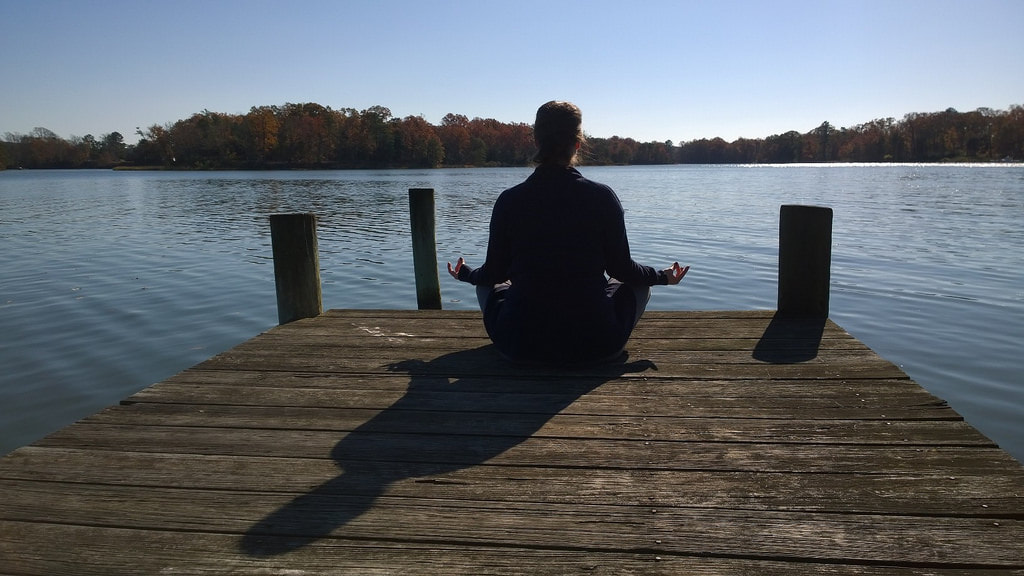



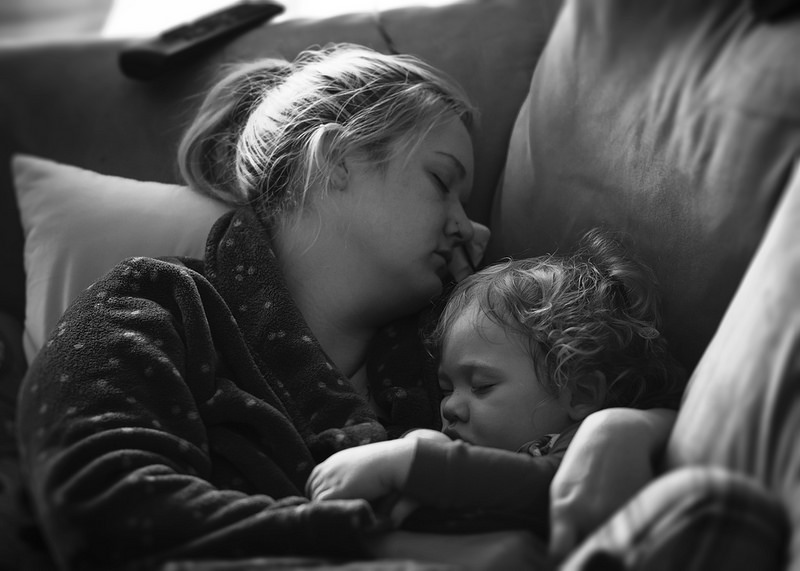
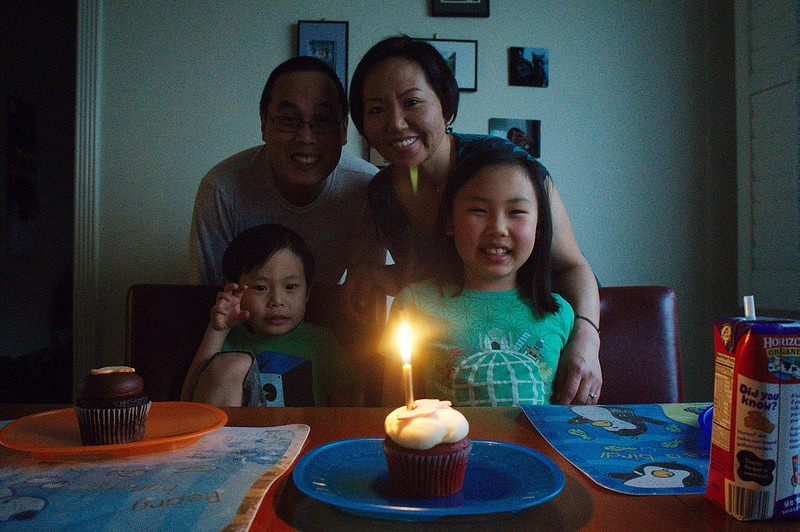



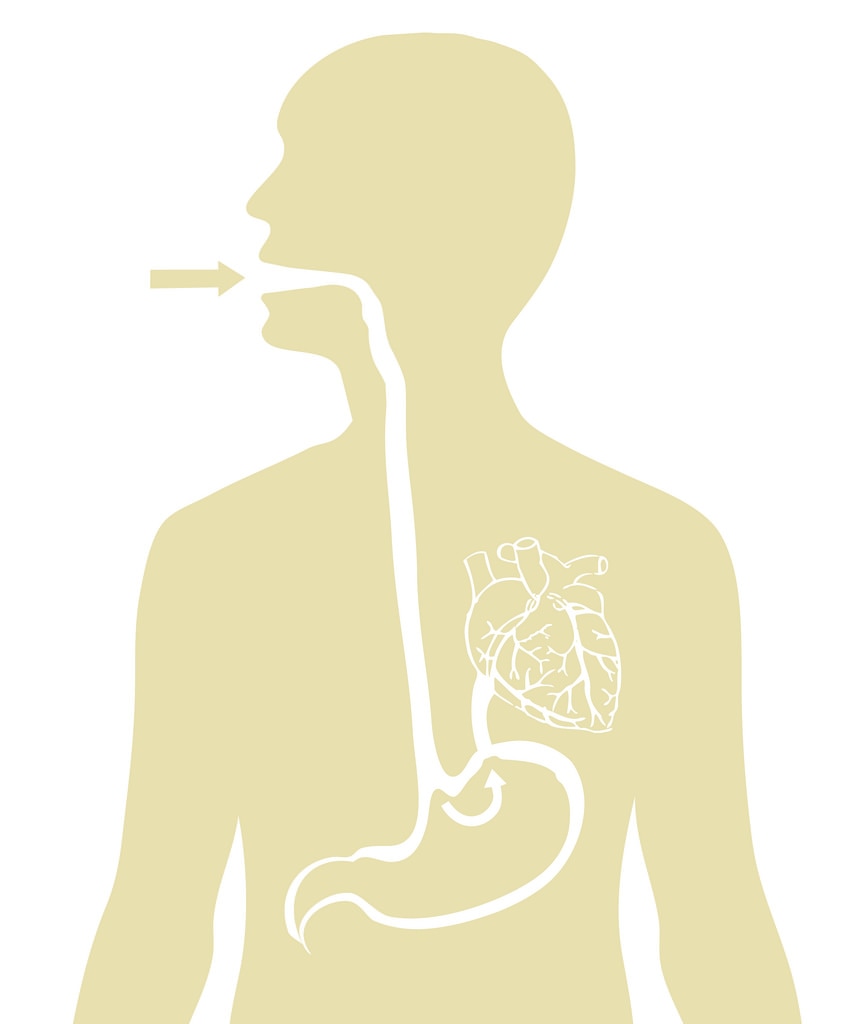
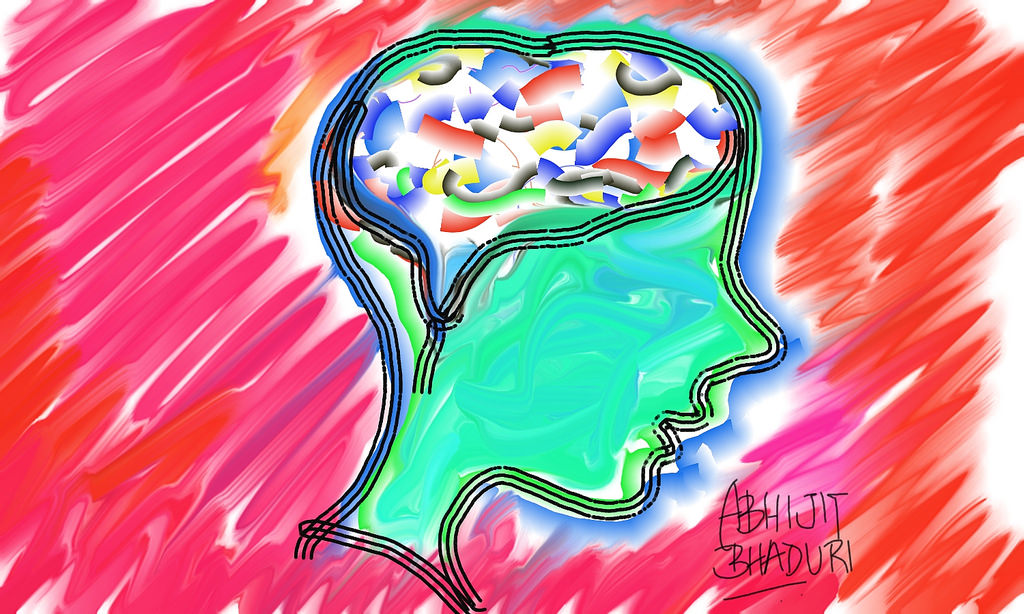

 RSS Feed
RSS Feed
